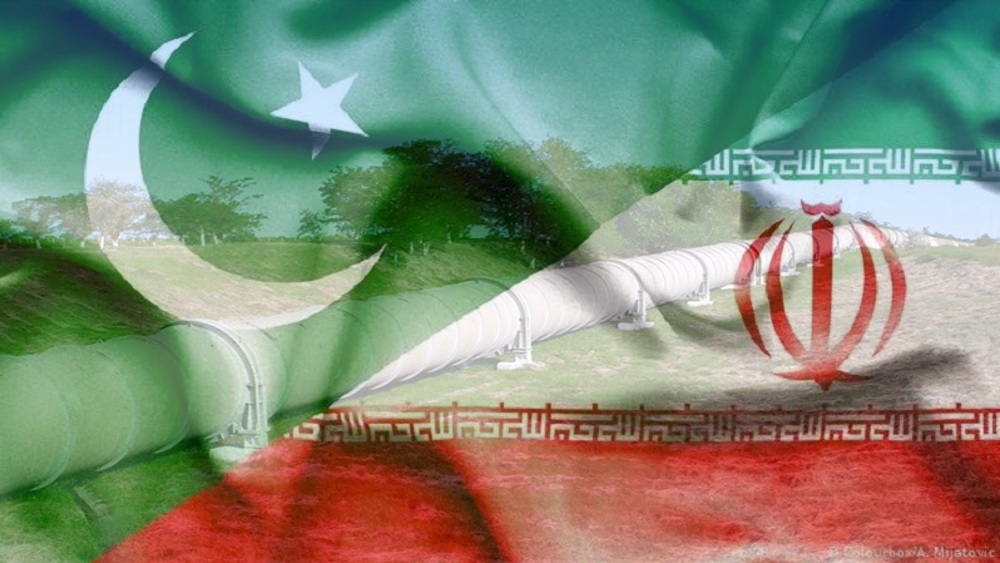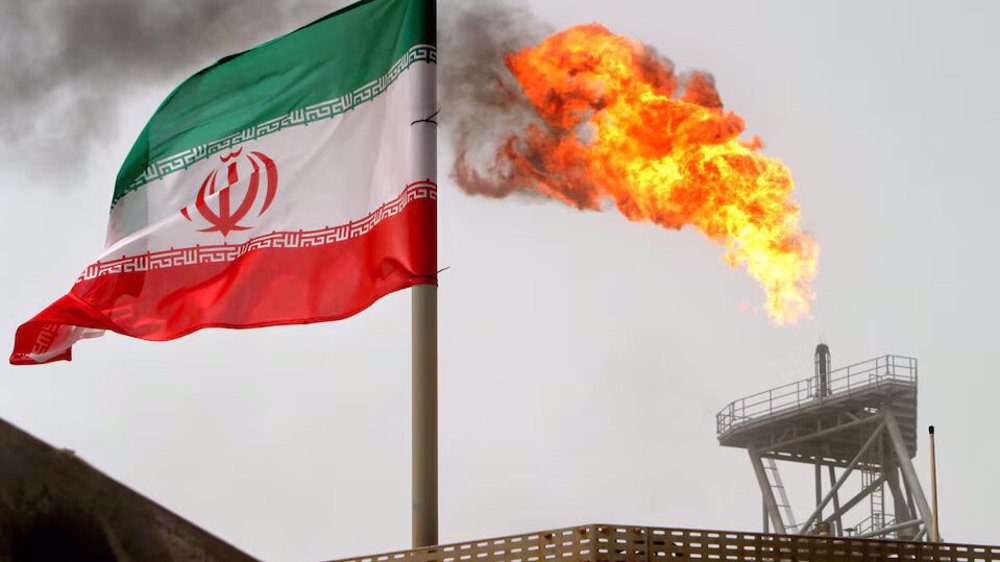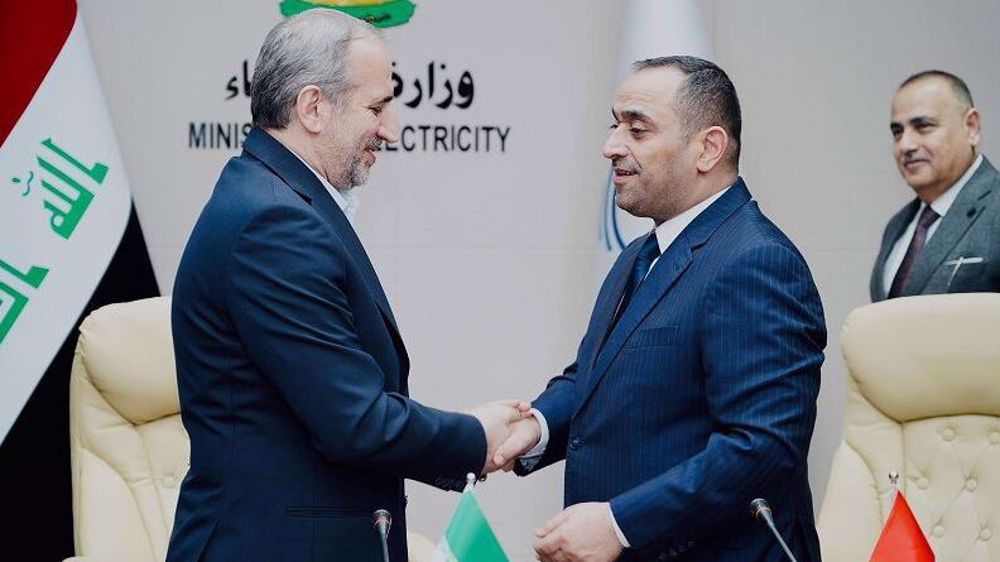Experts say Iran oil output to rise 500 bpd before 2016
Many may have already started to speculate when economic sanctions against Iran will be lifted in case the country manages to seal a deal with the P5+1 group of countries. Nevertheless, some have even gone further to speculate when Iran will see the economic objectives it has set for a post-sanctions era become materialized.
Many may agree that the most important objective that Iran has set for itself is to increase its oil production capacity. Iranian officials had already voiced optimism that the country will be able to increase its crude oil production by 500,000 barrels per day before the end of 2015 if anti-Iran sanctions are lifted. However, what many may want to know is what the impacts of an increased Iran oil production will be on the market already under the pressure of excessive supplies.
An expert panel discussion organized by the global financial services company Credit Suisse has found as viable Iran’s objective to increase its crude oil production in a post-sanctions era.
Thomas Adolff, who has led a research for Credit Suisse over the prospects of Iran’s oil industry after the emerging Iran-P5+1 deal, told the panel that was held on 26 June in Zurich that Iran could reach pre-sanction levels of production by mid-2016, but the impact on oil markets will be manageable “as long as Libyan production does not come back online.”
The sale of additional crude will come after a verification process, which Iran expects will take two to three months, Adolff said citing his research. The US anticipates the process lasting from four to six months, he added.
Fereidun Fesharaki, the chairman of global oil and gas consultancy FGE, told the panel that the impact on markets will be around $3 to $6 per barrel.
Fesharaki added that Iran may have some difficulty marketing its additional crude production “unless Saudi Arabia makes room for the added barrels.”
He further emphasized that Iran understands the new realities of today’s oil market, and is “unlikely to engage in a bitter price war it cannot win.”
Further, Adolff said that Iran anticipates receiving no more than $60 per barrel for its oil, adding that the country “is prepared for even lower prices.”
He added that once a deal has been implemented, President Obama is likely to cancel Treasury sanctions against Iran through the use of executive order.
President Obama, Adolff added, has agreed to suspend regulations against non-U.S. companies operating in Iran if a deal is reached, meaning that EU and Asian companies will be able to begin investing in Iran as soon as sanctions are lifted.
While President Obama can use executive action to remove the Treasury sanctions, the additional laws can only be reversed by the Congress. Adloff said his research shows that it could take an additional three to five years for Congress to remove those laws to allow US companies to take part in upstream investment in Iran.
AA/AA
200 days of Israeli war on Gaza and 200 headlines whitewashing genocide
VIDEO | 200 days of US-Israeli genocide
Iran’s security chief in Russia to underline Israel’s aggression
VIDEO | Smoke rises from Gaza as fighting continues
ICRC decries escalating Israeli raids across occupied West Bank
Israel still prevents food convoys from reaching north of Gaza: UNRWA
NYPD arrests multitude of pro-Palestine students at NYU campus
Iran’s decisive response to Israel disrupted enemy’s equations: Hamas










 This makes it easy to access the Press TV website
This makes it easy to access the Press TV website